Today, the biggest news comes from the Russian Federation.
Here, the widening fuel crisis is now reaching new intensities in Russia, as it seems that none of the state’s solutions are having any effect; desperation is growing. At the same time, Ukraine’s allies in Europe are doing everything they can to compound Ukraine’s own sanctions on the Russian oil industry, possibly finding a new way to impose EU wide sanctions while sidestepping possible pro-Russian vetoes.

Fuel availability inside Russian-controlled Crimea and several Russian regions is deteriorating much faster than the Russian state has anticipated. While Crimean authorities had promised the situation would soon be solved, they were recently forced to impose much stricter rations, limiting sales to only 20 liters per vehicle. Unfortunately for Russians, this has only pushed civilians further into a buying frenzy, as one station’s 3-day fuel supply sold out within a single day. Repeated strikes since August have taken a heavy toll on refining capacity; additional high-profile refineries such as Kinef and Ryazan have been forced to halt operations, and now roughly 40% of Russian refining capacity has been brought offline.
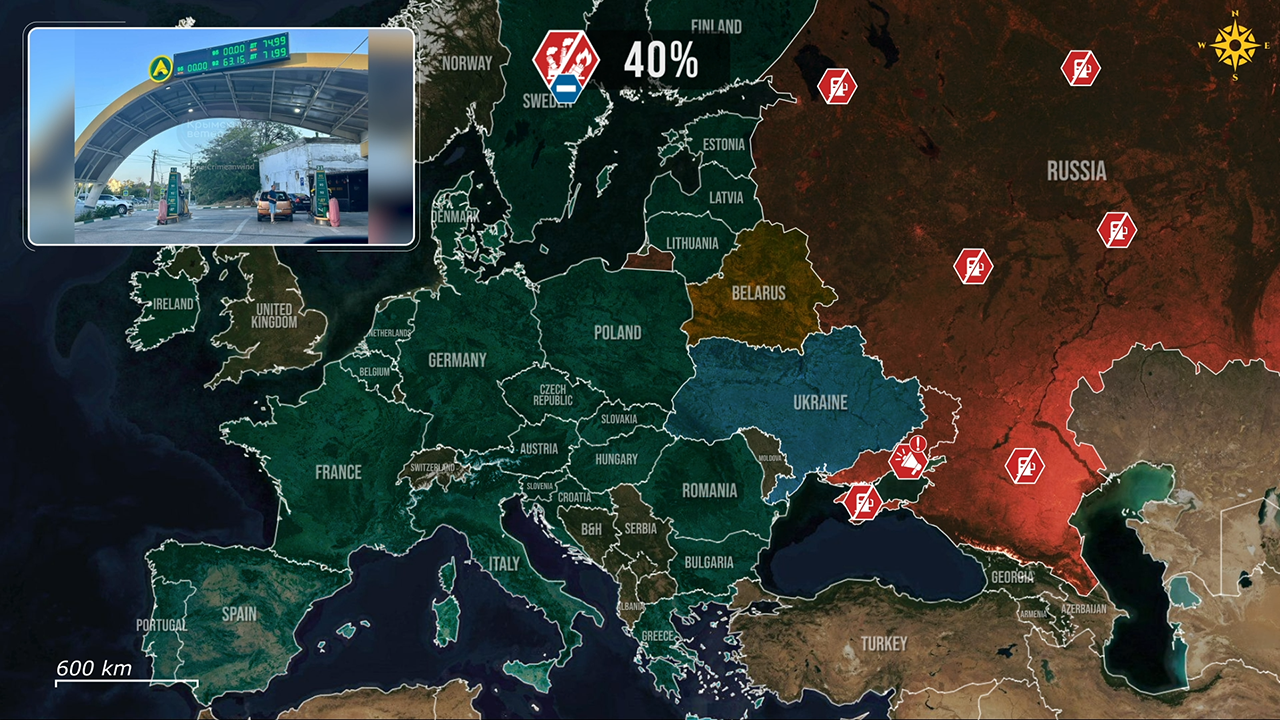
According to estimates, the Russian shortage has reached one million tons during September alone. Still, Ukrainian strikes and sabotage show no sign of stopping, with a truck reportedly driving willingly onto a rail crossing and colliding with a Russian fuel train bringing in fuel from Belarus, with 12 of the carts going up in flames.


Europe has responded by sharpening its economic toolkit, as the European Commission approved the 19th sanctions package that aims to curb Russian energy revenues and further prevent sanctions circumvention. Key moves include an accelerated ban on Russian liquefied natural gas for the union by 2027, a lower oil price cap of 48 dollars per barrel, expanded blacklists of shadow-fleet tankers, and tighter limits on financial and technology flows that sustain the refined petroleum and petrochemical sectors. These are sweeping measures meant to choke revenue streams rather than micromanage specific markets.
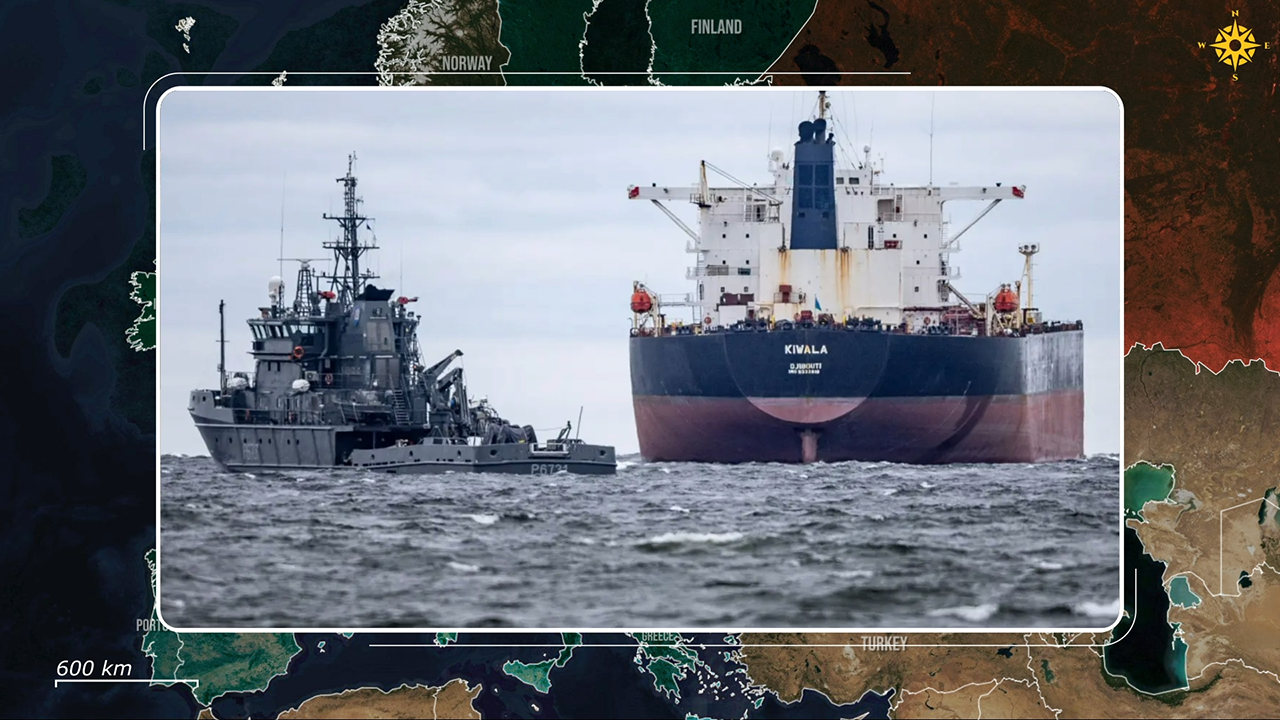

Pressure on Russia’s shipping lifelines has already produced results, as French naval and law-enforcement units recently intercepted and detained a tanker linked to the Russian shadow fleet off the Atlantic coast. French forces boarded the vessel after it departed from the Russian port of Primorsk, observing irregular identity signals and evidence of sanctions-busting maneuvers. The seizure by France, even in the Bay of Biscay, underscores that the entirety of Europe is committed to curbing Russian sanction evasion attempts anywhere on the seas.

It is important to note however, that sanction packages are often slow to come into effect, diluted, and rewritten in order to secure the agreement of every member, particularly from certain pro-Russian players.

As this repeatedly blunts their effect, several representatives are now pushing for tariffs on Russian energy exports instead of sanctions. Notably, imposing EU-wide tariffs does not require a unanimous vote and can circumvent the vetoes that have previously held up tougher measures in past packages. As tariffs require only a qualified majority, the issue of a one-state veto would no longer apply as it does with sanctions.

Overall, the interaction of battlefield strikes that hollow out refining capacity and coordinated policy moves in Brussels is producing a two-track effect: immediate pain at the pump and a squeeze on Russia’s efforts to compensate internationally. If interdiction and targeted enforcement continue while the EU adopts faster, majority-driven trade measures, Moscow will face tougher choices: subsidize fuel at increasing fiscal costs, accept regional shortages that erode domestic control, or attempt increasingly risky evasion that invites more interdictions and legal repercussions. Europe’s push is not a quick knockout, but a sustained campaign through tariffs could have a greater effect than half-measures in sanctions, where many individuals and companies have to be left out to secure a unanimous vote.


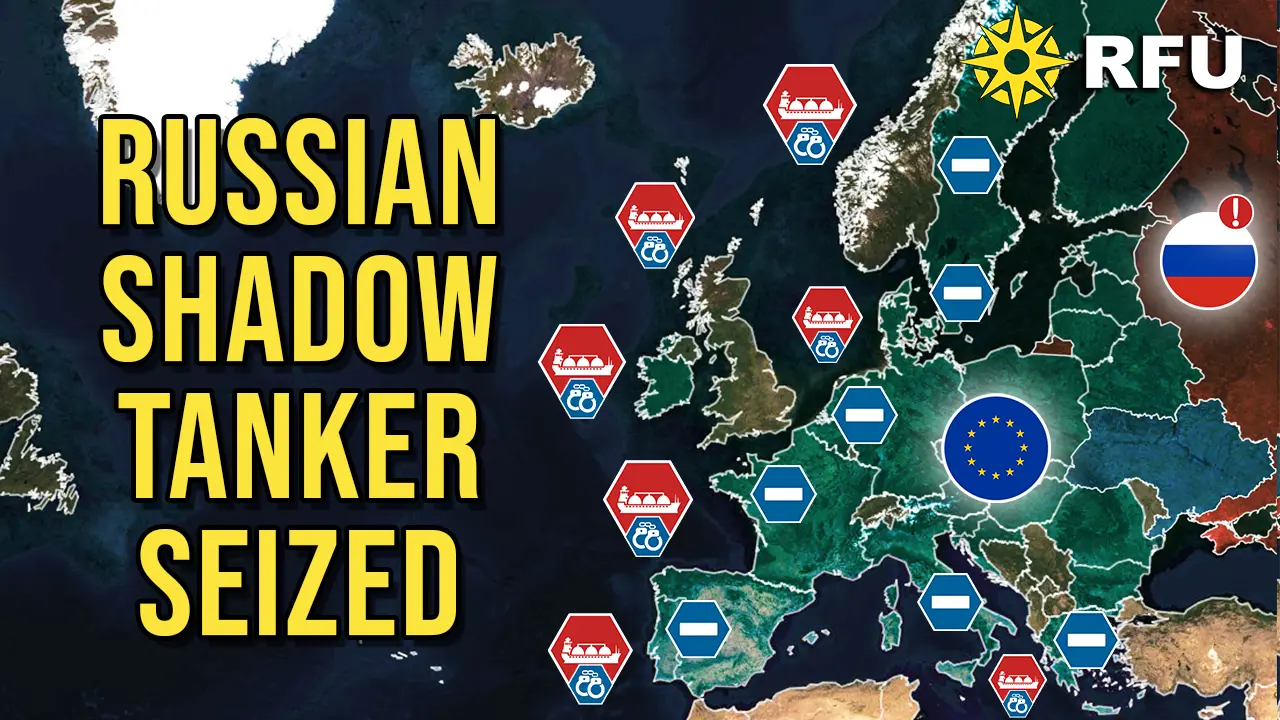
.jpg)

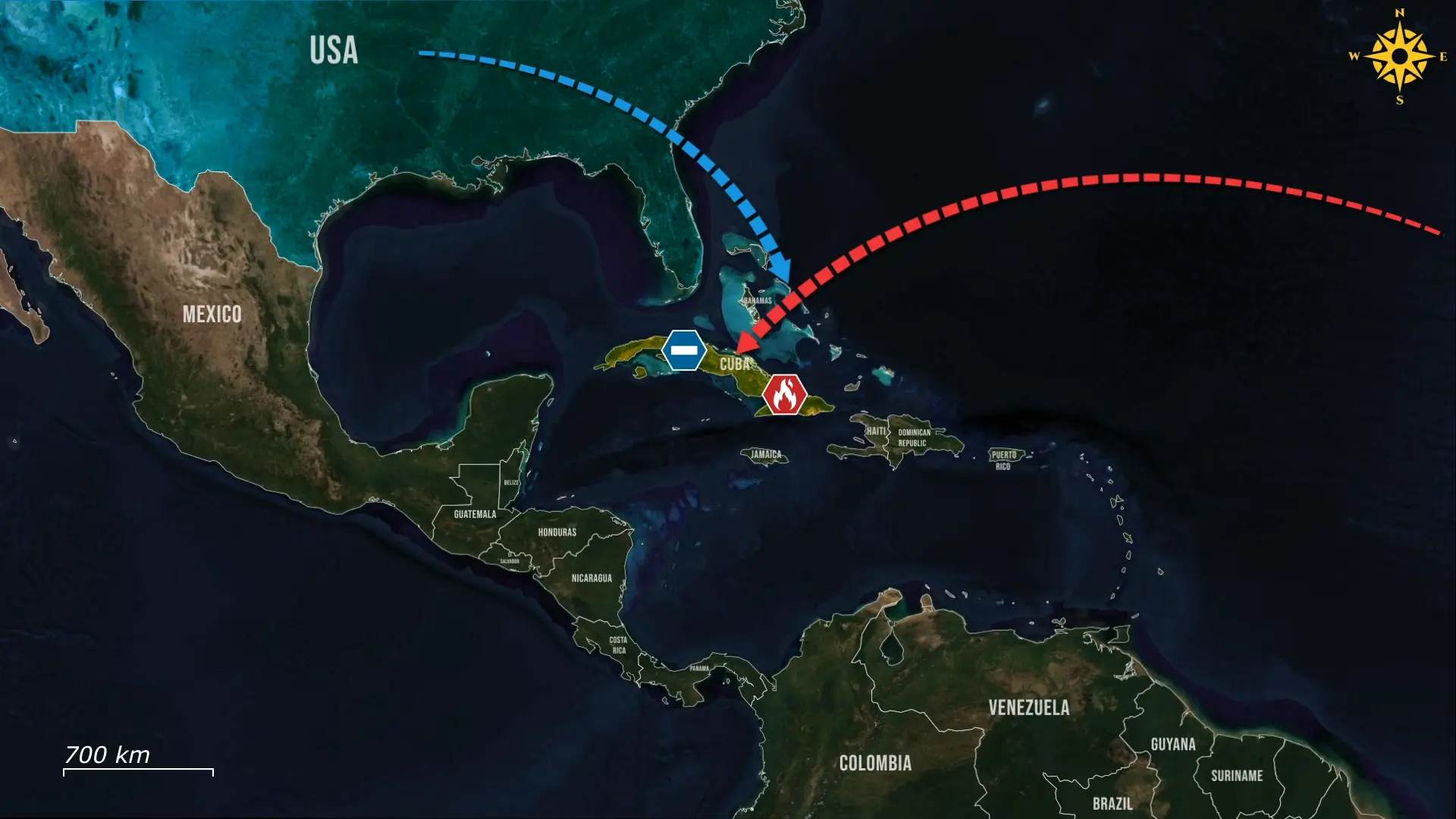
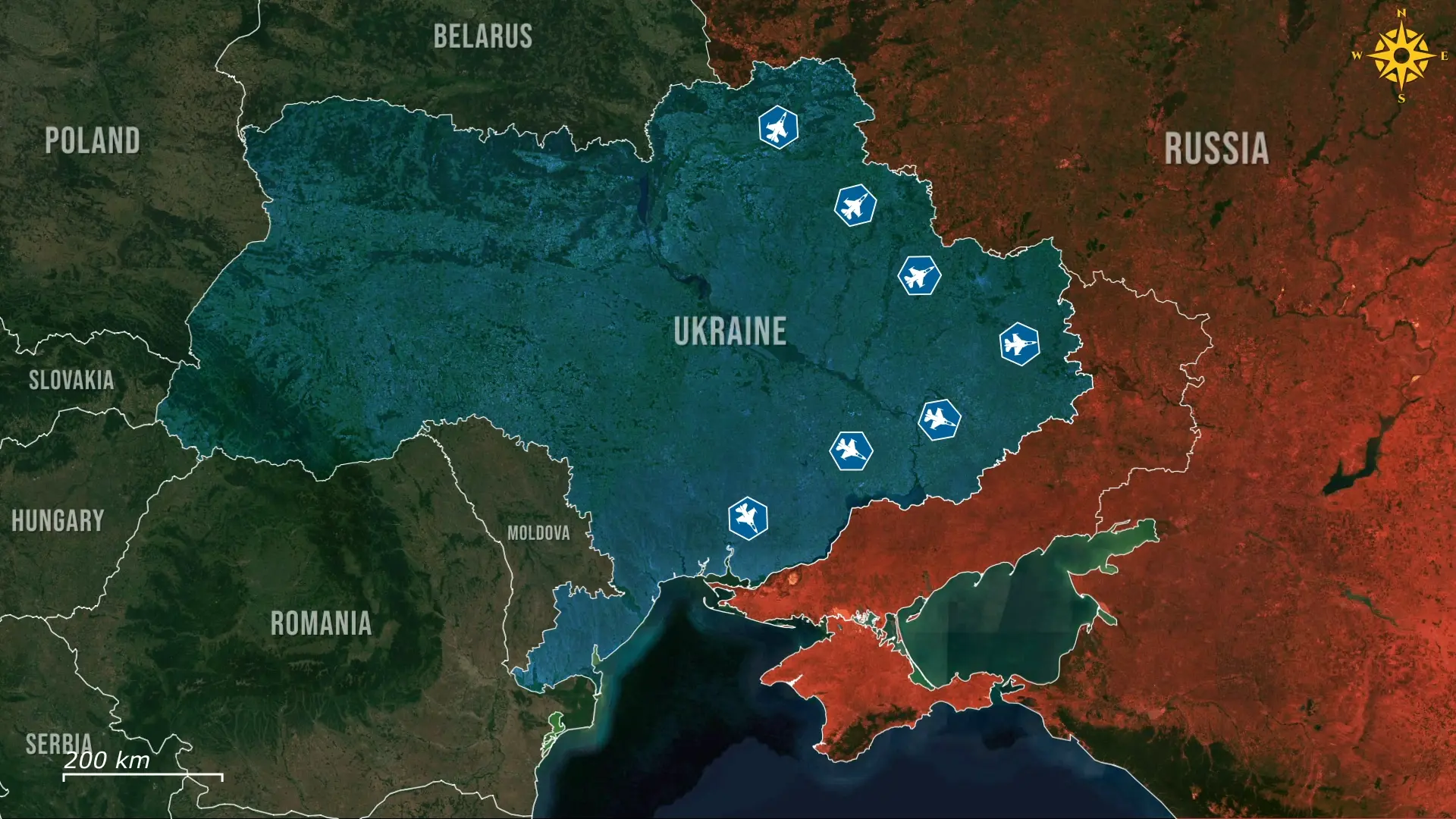
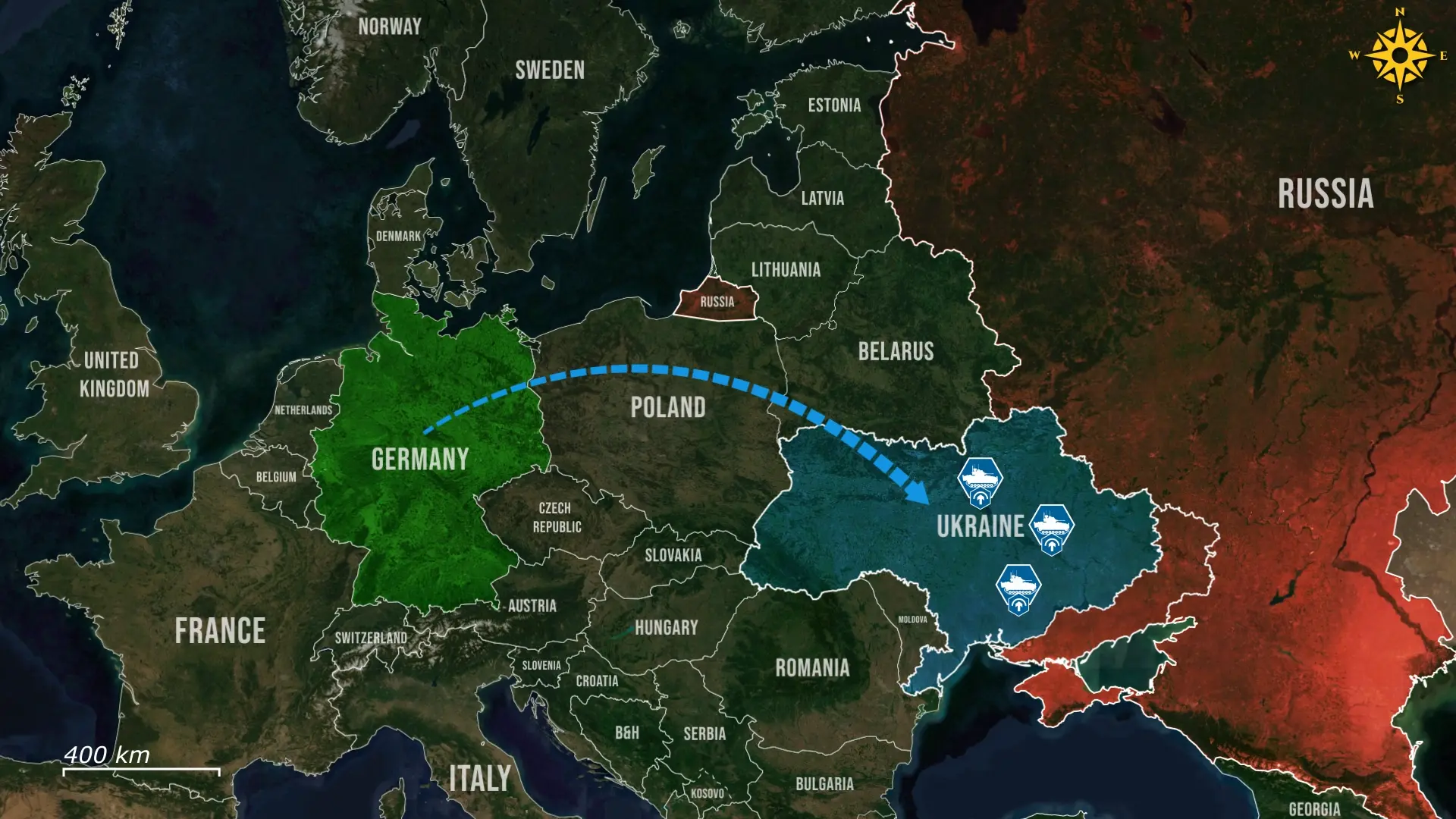
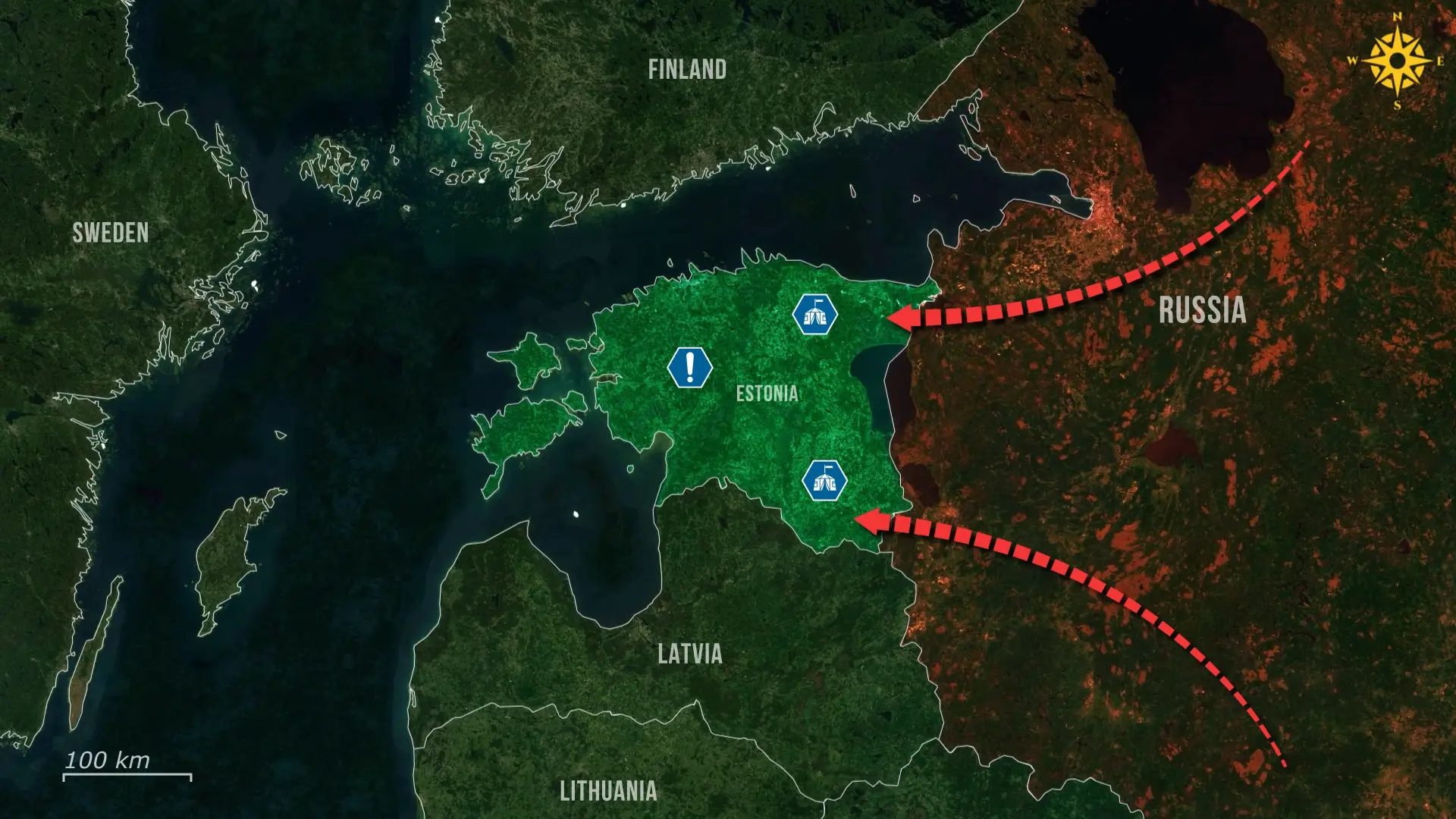
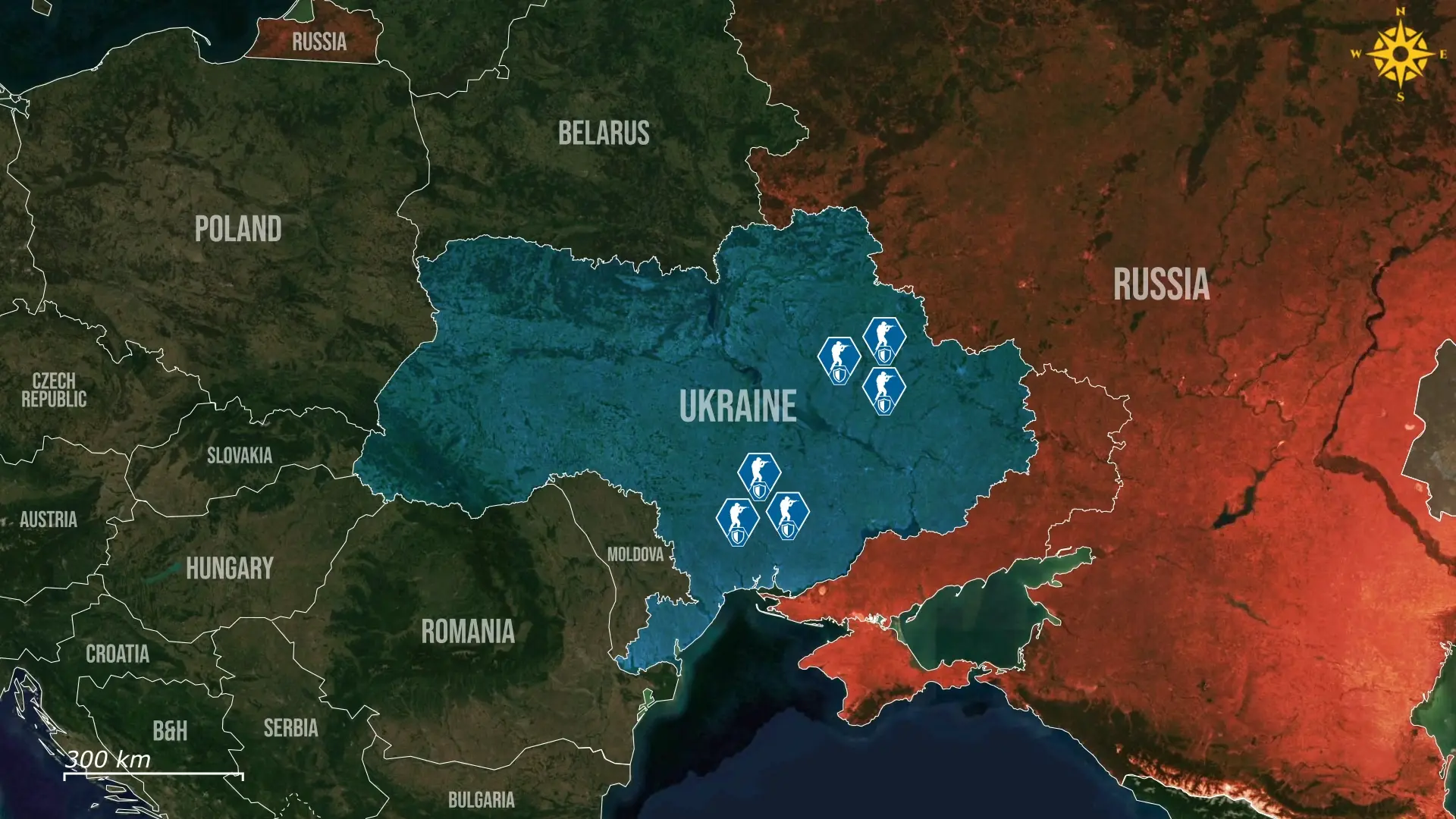
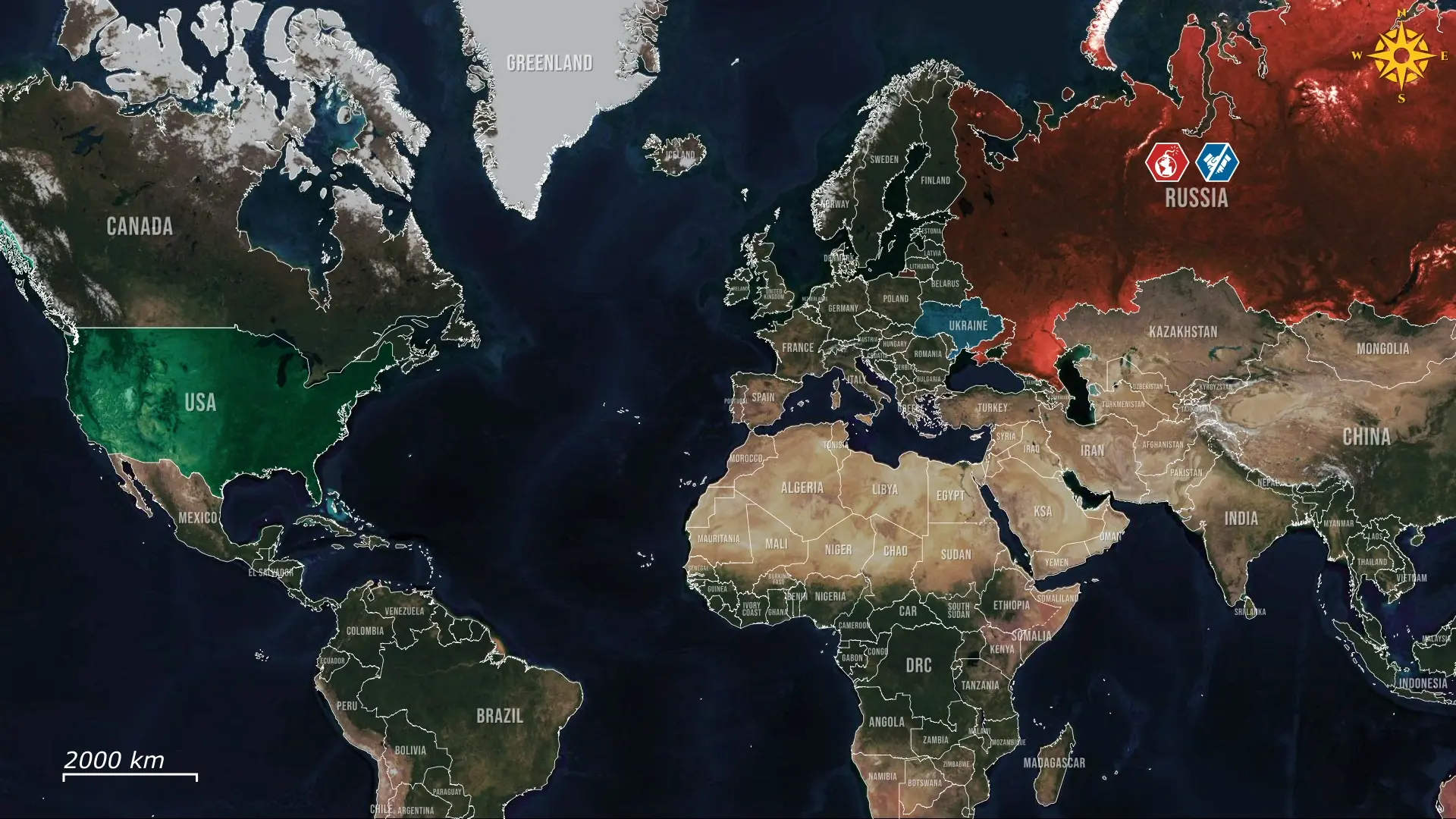

Comments